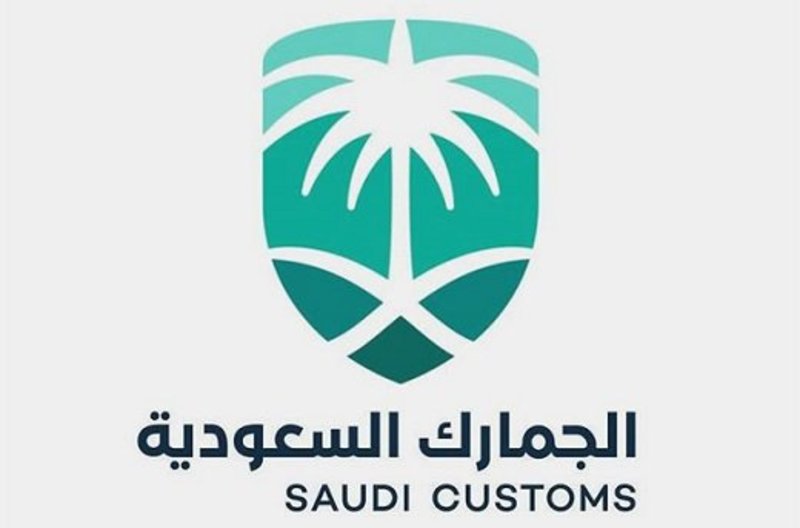
Saudi Customs Launch Auto-Adjustment Program for Customs Data
The General Authority of Customs launched the Auto-Adjustment Program for Customs Data on 1 January 2020, thereby enabling commercial importers to correct their customs data voluntarily.
Undersecretary for Revenues at the General Authority of Customs Dr. Mazen Al Zamil explained that the initiative is an opportunity for importers to correct their customs data following specific terms and procedures, noting that the initiative promotes transparency with investors and the business sector. He confirmed that the initiative provides conditions that will improve and enhance customs compliance and facilitate the work of importers, therefore achieving stability and growth for these companies.
Dr. Al Zamil clarified that the initiative will enable importers to voluntarily apply to correct customs data for customs fees that were not previously met due to inaccurate information related to the value, origin or type of goods, or in the event of occurrences following the organization of customs data that have not been declared to Saudi Customs. He noted that when stakeholders apply for correction before the discovery of errors by Saudi Customs or the issuance of subsequent audits on restrictions and records, they only need to pay the differences in customs fees and taxes.
He went on to explain that the benefits and incentives of auto-adjustment are not eligible if a notice of subsequent audits is issued for the stakeholder or if errors are discovered before the importer submits the correction request.
Dr. Al Zamil added that importers can submit a correction request starting 1 January 2020 and for six months by logging into the initiative’s portal on the Saudi Customs website and following the steps for applying.
The post auditing of customs information is one of the most important Saudi Customs programs aiming to increase the efficiency of revenue generation. It is an inspection process organized for commercial systems, sales contracts, financial and non-financial records, inventory and other assets to measure and improve compliance with regulatory requirements. It is also a global procedure activated to facilitate clearance and trade operations as the unified customs system and its executive regulations allow auditors to inspect the facilities of the entities subject to audits, including entering and inspecting these establishments, examining commercial records, systems, and data relevant to customs data and financial statements, and asking the owners of these entities questions and inquiries, requesting sight of and retaining commercial documents and records, inspecting and sampling products, and running warehouse inventory. When carrying out their duties, Saudi Customs employees are considered judicial officers.



























